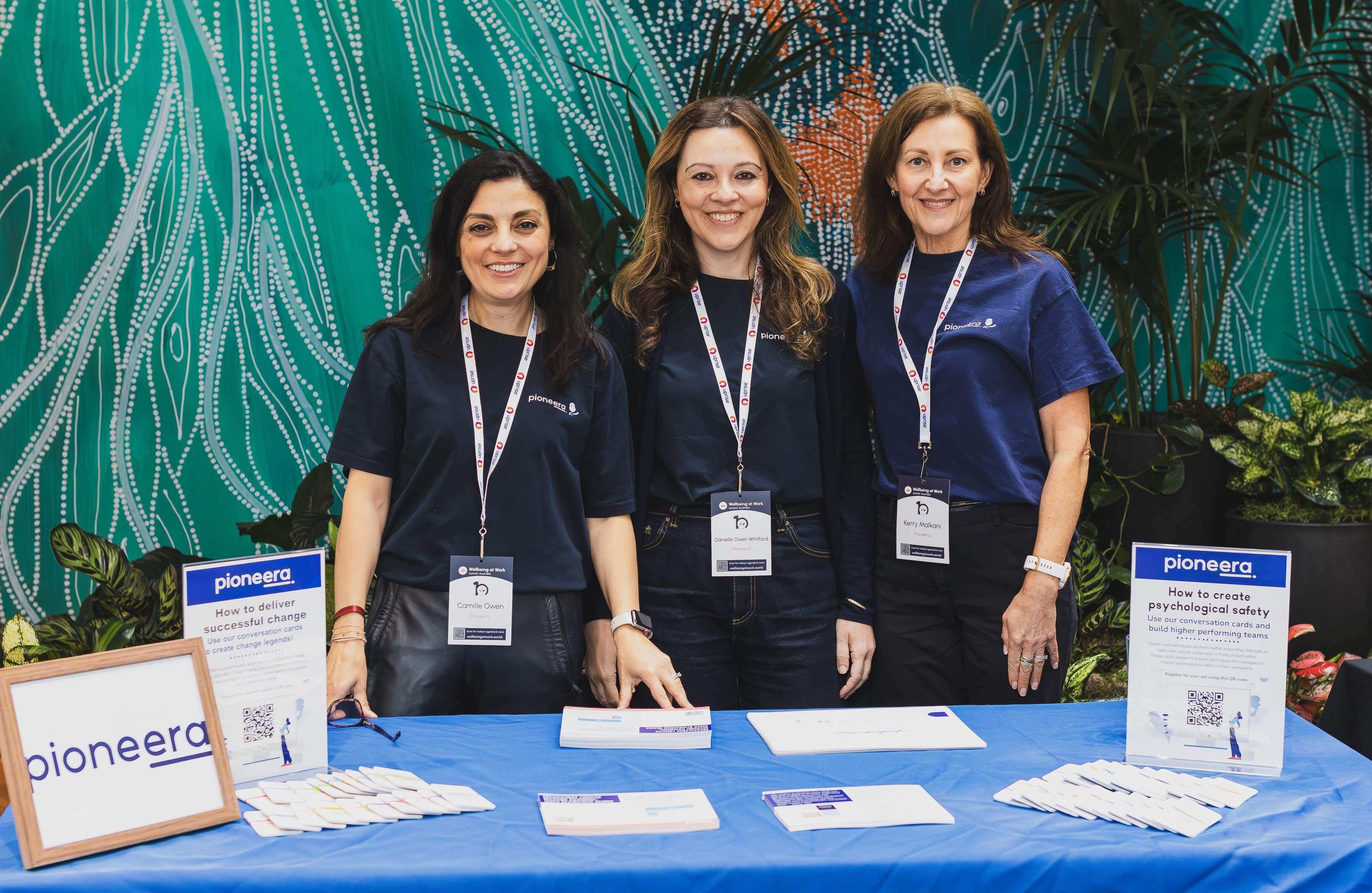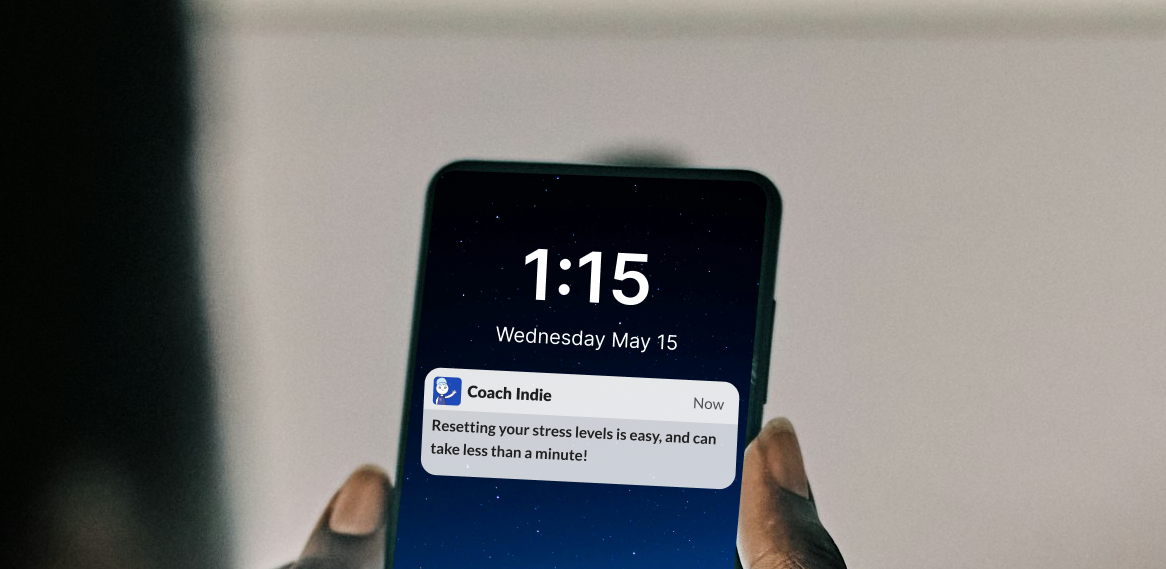While many of us have an intellectual understanding of the idea that we need downtime, in practice we very rarely actually ‘switch off’ and signal to ourselves (and our bodies) that it’s safe to wind down.
Despite what modern society seems to tell us, we as humans are built to oscillate between work and rest.
When you allow for this oscillation, the quality of your health, relationships, and work improve.
For example, a growing body of research has established that you do your best at any given task for only a limited amount of time, energy, or attention, then your performance drops off, your attention wanders, and your motivation evaporates.
Resting after a depleting activity has been found to eliminate the effects of fatigue (Nagoski & Nagoski, 2020). In fact, there are many books dedicated to this practice today, our fave one here at Pioneera is Jim Kwik’s Limitless.
I’m sure you’ve experienced for yourself that a muscle that isn’t used will start to atrophy. You’ve probably also experienced that a muscle that is worked constantly, without rest, will grow fatigued and eventually fail in exhaustion. Chances are you’ve discovered that a muscle that gets worked and rested and worked and rested will grow stronger. We do it for our muscles, but why don’t we do the same for our minds?
How much rest do we need?
Studies suggest your body and brain need on average 42% of your time spent resting. It doesn’t have to be every day; it can average out over a week or a month or more, but approximately ten hours out of every twenty-four should be spent resting.
The million dollar question is: What qualifies as rest? Emily and Amelia Nagoski in their book “Burnout: The Secret To Unlocking The Stress Cycle” suggests the following:
-
Sleep (7 – 9 hours) – your whole body, including your brain, is working hard as you sleep, to accomplish life-preserving tasks that can be best achieved when you’re not around to interfere. While you sleep your body heals, your memories consolidate into new knowledge and ideas, emotions soften, relationships are improved, and your health is heightened.
-
Stress reducing conversation (20 – 30 minutes) – finding opportunities to love and feel loved with your partner or other trusted person, is one of the most important ways your brain replenishes and remembers why you are safe.
-
Physical activity (30 minutes) – helping to transition your body out of a stressed state and into a resting state and improving your quality of sleep, physical activity allows your mind and body to switch gears. This can be done alone or done with others, just try to make the movement joyful rather than punishing.
-
Paying attention to food (30 minutes) – think of this is as nourishment and active meditation. It includes all meals, shopping, cooking, and eating, and it doesn’t have to be all at once. It can be with people or alone, but it can’t be while working or driving or watching TV or even listening to a podcast, because then your attention is elsewhere.
-
Wild card (30 minutes) – this could be a trigger for meditation or breathing exercises, social play time, meditative travelling time (not on your phone!), creative expression, extra physical activity, mindful cleaning, a bedtime routine or anything that allows your default neural network to come online and your brain to wander. Mental rest is not idleness; it is the time necessary for your brain to process the world.
The times above are just averages and suggestions, and as you can see, you’ll sometimes do more than one thing at a time.
If you’re thinking, “I can get by with less,” Emily and Amelia point out that you’re right. You can “get by,” dragging your increasingly rest-deprived brain and body through your life, and there will be periods when adequate rest will not be an option. But it won’t be for long and is not a way to live.
Leaders who care about their team’s wellbeing will not expect their team to sustain that way of life for an extended period of time and will look to individuals to rest and recoperate when they need to. This way everyone is productive and healthy together.
Sometimes it's hard to remember when to switch off, so that’s why we built Indie. She nudges you when she thinks you need a break, so you can stay healthy and productive - which is good for everyone.






